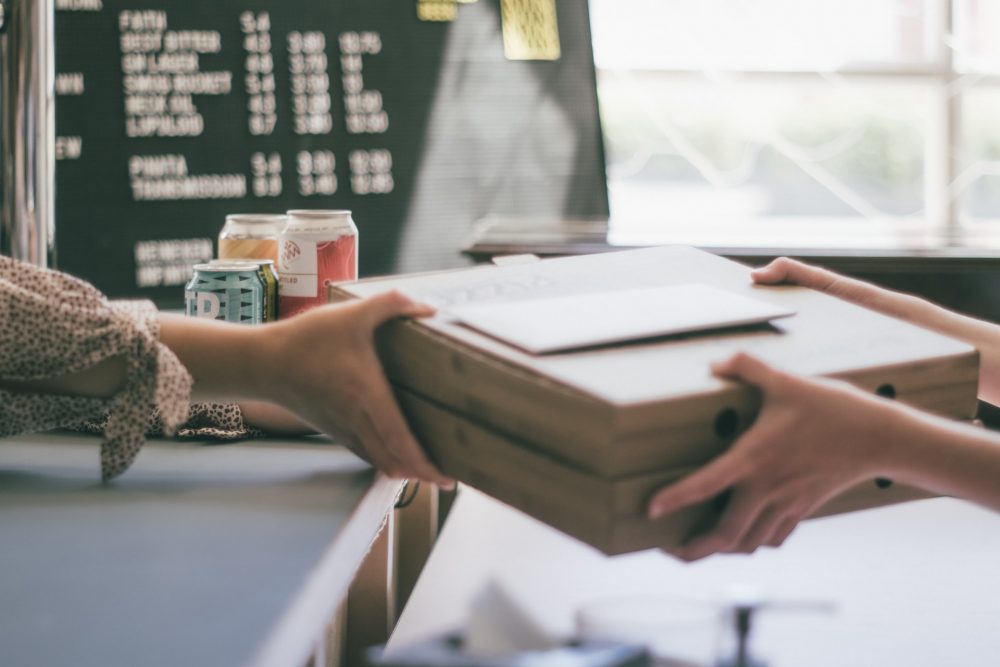No matter your age, September always has that ‘going back to school’ feeling about it.
Last year I would have been relishing a whole month of excitement – with the London Design Festival high on my hit list, lots of new projects on the go and a feeling of lazy autumnal days ahead of me. But we’re all in a different space this year, aren’t we?
But there are still things to relish.
One of the really great things to come out of 2020 is our passion for local businesses. They are thriving with some reporting a 200-300 per cent growth in turnover – providing they are able to open and work with everyone’s safety in mind.
But what surprises me is how long local businesses have been overlooked and how developing a great local business model could drive a global market.
If you think about how you spend your money, you are probably contributing to three economies – local, regional and national/international.
Let’s look at these more closely.
At local level, you buy coffees, food, drink, fuel for your car etc. Your spend is relatively small but very regular. And it is this frequency of spend that has risen across the country this summer.
At regional level, we are likely to make larger purchases but with lower frequency. So we might buy furniture, pay rates, service/power supplies and so on.
Then at national/international level we make some big purchases. Think of your tax bill – a national payment or a holiday whether in the UK or abroad.
Most companies overlook the value of the local market. But there are some notable exceptions which have seen the potential.
When I do talks about these three economies – I ask the audience which economy would they put AirBnB into and where would they put Uber. Very occasionally one or two people get it right.
Although owned internationally, Uber is essentially a local business. The money you pay contributes to the local economy because a driver is local. Yes, of course a percentage of it goes to Uber, but it is still a local business taking a relatively small spend per head, replicated many times over in local economies across the world.
AirBnB however is different. It is a regional business to small extent, but it is largely a national/international business. When you book an AirBnB, you are more likely to be staying somewhere away from your home location, probably away from your region too. You will be staying in accommodation at the other end of the country – or abroad. They money you spend goes into a different economy from your own. Your spend is probably large-ish and not very frequent.
So why does this matter to you?
Think about it… Across the globe there are millions of hyper local markets. If you can provide or license something that gains traction in a very local market, such as an app, a product or service – you could have a vast audience spending small amounts of money with great frequency.
A regional business would have fewer opportunities but with an increased spend, and a national/international business might go up in value but down in frequency. (Although of course digitization has increasingly allowed companies to buck this model.)
If you are in a regional economy business, you could think about developing an offer that could be offered at a hyper-local level? Or how can you adapt what you currently do to bring it down to that local market level? It’s an intriguing question and one that several of my clients are working towards now.
 About the author
About the author
Erica Wolfe-Murray works across the creative, cultural and tech sector helping companies to innovate through imaginative use of their intellectual assets/IP. Referred to by Forbes.com as ‘a leading innovation and business expert’, she is the author of ‘Simple Tips, Smart Ideas : Build a Bigger, Better Business’, finalist in the Business Book Awards 2020. It’s full of easy-to-use advice on innovative ways to grow your business and is available from Foyles, Amazon and all other good bookshops.
Are you an entrepreneur or looking to start your own business? We’ve got hundreds of articles on learning entrepreneurial skills, how to become your own boss, marketing your products and managing your own team. You can find more of our entrepreneurial articles here.









